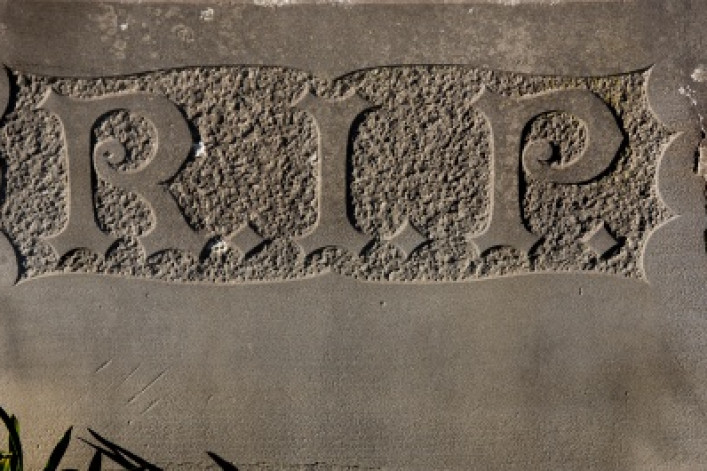Upper East Side co-op board terminates dying owner

These days, tight finances are making many co-op boards and owners think twice before inviting or engaging in costly lawsuits.
Not so at one Upper East Side co-op building: In June, the board of the 69-unit prewar building voted to terminate the proprietary lease of a former board member, alleging a longstanding pattern of objectionable conduct.
Now, in addition to asking the state supreme court to let him keep his apartment, the owner--who is suffering from Stage 4 cancer--wants $5 million for intentional infliction of emotional distress.
The case illustrates just how high the stakes can be for both sides when a board hands down the co-op equivalent of capital punishment. A review of the court papers provided to BrickUnderground by the law firm representing the shareholder, Adam Leitman Bailey, P.C., also gives a glimpse into how small-building politics can spiral out of control.
The apartment owner, a fashion designer in his 50s, alleges he was kicked off the board, harassed, and then voted off the island as a retaliatory gesture for his whistleblowing efforts. He charges, among other things, that the board members (two of whom don’t live in the building and instead sublet their units) gave themselves preferential treatment with regard to subletting policies.
For its part, the board contends that the shareholder engaged in a pattern of objectionable conduct over many years.
The court papers allege that he improperly combined two apartments, installed a washing machine and dryer without approval, “yelled profanities, insults, lewd comments and threatened litigation against numerous building residents, shareholders and board members,” invited women over late at night to dance in high heels as part of a campaign to “terrorize” the librarian living below, nearly ran his car over another resident on purpose, and conducted “vexatious litigation.”
“If you speak to the other attorney, they’ll tell you my guy is the devil incarnate and makes a lot of noise,” says Jeffrey Metz, the lawyer representing the shareholder. “Me personally, I think he’s an honorable guy who calls it like he sees it, in a way the members of the board find offensive.”
The two sides argued their case in the New York Supreme Court in July. They are still awaiting a decision.
An interesting sidenote: Six years ago, Adam Leitman Bailey, whose firm represents the shareholder, helped David Pullman sell his W. 67th Street prewar co-op—after Pullman’s neighbors ejected the Ivy League-educated bond trader for various incidents stemming from a noise complaint. (Read the whole story here.)
The Pullman case was the shot heard around the co-op world. It legitimized a co-op’s right to expel an owner for bad behavior, and ever since, it has provided crucial leverage for boards to curb nuisance behavior--or, from the point of view of the exiled, to intimidate those who simply disagree with the board.
Bailey’s firm has since represented several dozen owners and boards in similar conflicts.
Related post:
How to get canned from your co-op
4 neat ways to use an investigative lawyer in a co-op or condo
























